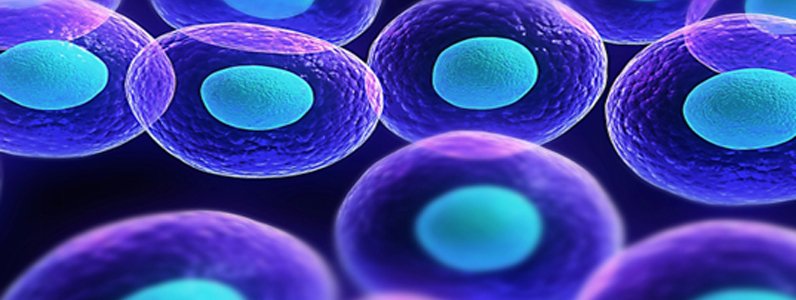
In March 2016, Kristopher (Kris) Boesen, from Bakersfield, CA, was involved in a car accident, in which he suffered severe trauma to his cervical spine that left him paralyzed from the neck down and unable to breathe without assistance.
Doctors told Kris that he might never regain the use of his limbs; current surgical procedures for spinal cord injury focus on stabilizing the spine to prevent further damage, but they rarely improve movement and sensation.
Kris then learned of a clinical trial - led by Dr. Edward D. Wirth III, chief medical director of Asterias Biotherapeutics - looking to enroll patients with spinal cord injury.
The ongoing trial is testing a novel therapy involving injections of AST-OPC1 - an agent consisting of oligodendrocyte progenitor cells (OPCs) that derive from embryonic stem cells. OPCs are the myelin-forming cells of the brain and spinal cord that help nerve cells to function.
According to Asterias Biotherapeutics - the developer of AST-OPC1 - preclinical trials of the agent in models of spinal cord injury have shown it leads to "reduction of the size of the injury cavity, restoration of the protective 'myelin' coating on nerve cells, production of factors that stimulate nerve cell growth, and recruitment of blood vessels to deliver oxygen and nutrients to the site."
In order to take part in the trial - named "SCiStar" - patients need to be able to breathe without the help of a ventilator. Though it normally takes 3 weeks to wean a patient off assisted breathing, with the help of a dedicated respiratory team, Kris managed it in 5 days.
After further tests, he was confirmed as being eligible to take part in the trial.
Within 2 weeks of the treatment, Kris began to achieve some movement in his arms and hands. Within 3 months, he regained the ability to engage in a number of everyday tasks, such as writing his name, feeding himself, operating a motorized wheelchair, and hugging his family.
"As of 90 days post-treatment, Kris has gained significant improvement in his motor function, up to two spinal cord levels," says Dr. Liu. "In Kris' case, two spinal cord levels means the difference between using your hands to brush your teeth, operate a computer or do other things you wouldn't otherwise be able to do, so having this level of functional independence cannot be overstated."













